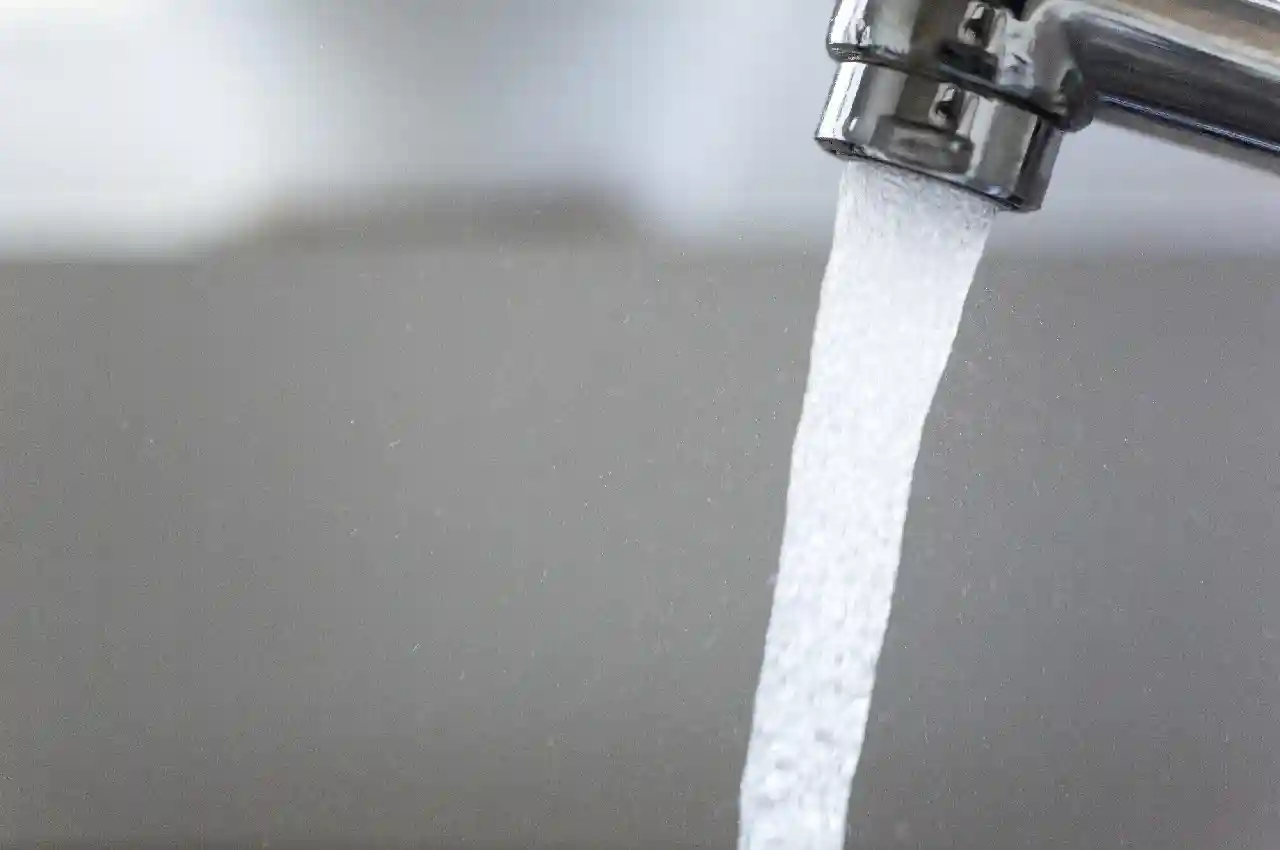NEWS
The Truth About Outdated Plumbing and the Need for a Water Inspection

When was the last time you thought about your home’s plumbing? If you’re like most homeowners, it’s probably been a while. But the truth is, outdated plumbing can cause a host of problems that can impact not only your wallet but your health and well-being too.
This blog post is dedicated to shedding light on the often-overlooked issue of outdated plumbing and why a water inspection can save you from future headaches. Read on.
The Silent Threat of Aging Pipes
Old plumbing systems can be a silent menace in your home. Often, pipes deteriorate quietly behind walls and underground, making it easy to ignore or overlook the issue. However, the risks of ignoring outdated plumbing are significant.
Corrosion and Leaks
Older pipes, especially those made from galvanized steel or cast iron, are prone to corrosion. Over time, this corrosion can lead to leaks, which may go unnoticed until significant damage has occurred. Water damage can weaken the structural integrity of your home and lead to costly repairs.
Contaminated Water
Outdated pipes can leach harmful substances into your water supply. Pipes made before the 1980s might contain lead, which poses severe health risks.
Even modern materials can degrade, releasing contaminants that compromise water quality. Check out https://goguardianpro.com/environmental/ to learn more about water quality testing.
Reduced Water Pressure
Aging plumbing can also result in reduced water pressure. Mineral buildup inside pipes restricts flow, making it harder to perform everyday tasks like showering or washing dishes efficiently.
Health Risks Associated with Outdated Plumbing
The hidden dangers of outdated plumbing extend beyond structural damage. They can have direct and severe impacts on your health.
Exposure to Lead
Lead exposure is one of the most dangerous consequences of outdated plumbing. Even low levels of lead can cause developmental issues in children, and prolonged exposure can lead to serious health problems in adults, including kidney damage and high blood pressure.
Bacterial Growth
Stagnant water and corroded pipes provide the perfect breeding ground for harmful bacteria. Legionella, the bacteria responsible for Legionnaires’ disease, thrives in such conditions. Regular water inspections can identify and mitigate these threats.
Chemical Contaminants
Old pipes can also leach chemicals like chlorine and nitrates into your water supply. While chlorination is common for water treatment, an excessive amount can be harmful.
Nitrates, often from fertilizers, can seep into water supplies, posing a health risk, especially for infants and pregnant women. This is why a water contamination check is crucial for drinking water safety.
Signs Your Plumbing Needs a Check-Up
How do you know if your plumbing system needs an inspection? Here are a few telltale signs.
Discolored Water
If your tap water has a brown or rusty hue, it could indicate pipe corrosion. This discoloration often signals the presence of sediments and minerals that can be harmful if consumed.
Unpleasant Odors
Foul-smelling water is another red flag. It could indicate bacterial growth or the presence of foreign substances in your water supply. A water inspection can pinpoint the cause and suggest remedies.
Frequent Clogs and Slow Drains
Persistent clogs and slow drains are symptoms of aging plumbing. Mineral buildup and sediment can restrict water flow, leading to frequent blockages.
Schedule a Water Inspection Today
Outdated plumbing is a hidden danger that can affect your home and health. Regular water inspections are essential to identify and mitigate these risks.
Don’t wait for problems to arise-take proactive steps to ensure your plumbing system is in top shape. Schedule a residential water inspection today!
If you want to read more articles, visit our blog.
Having completed my education in English, I’ve cultivated a successful career as a content writer. My tenure includes valued collaborations with distinguished professional organizations, reflecting my commitment to producing high-quality content.
Contact me on this mail: [email protected]










